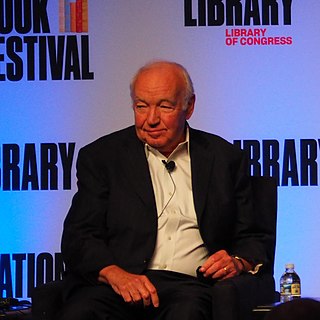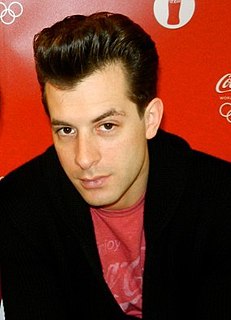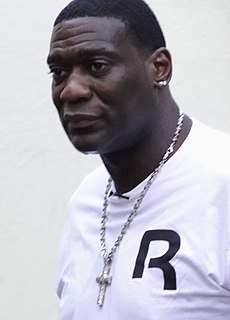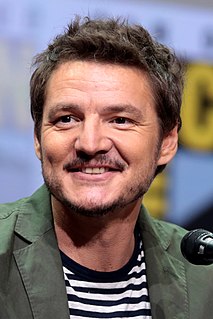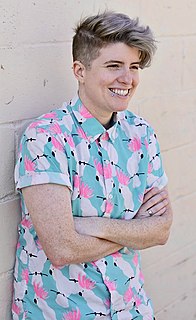A Quote by Joseph Kanon
At graduation, I assumed I'd be in publishing, but first I went to England and got a master's degree in English Literature. And then I came back to New York and had a series of publishing jobs, the way one does.
Related Quotes
With the publishing of The Basic Eight, it was often assumed that I was really immature and callow, and with the publishing of Watch Your Mouth, it was assumed that I was oversexualized, and with Lemony Snicket, it's often assumed that I'm erudite and depressed. But all the voices more or less came naturally to me.
Self-publishing in comics is core to the whole artform. There is no scarlet letter in comics as there still is, to some degree, in prose. As no publisher for a long time would publish serious work in comics, the only way a lot of it came out was because of self-publishing. Many of the greatest works of the medium are self-published.
Like a lot of small press founders I was looking for a way into publishing - as well as a way out of academia. Without moving to London, I couldn't see a way of working for a publishing house whose work I liked. Believe it or not, the simplest way for me to get into publishing was to start my own press.
I have the cliche 'struggling actor' story. I was waiting tables in New York, went out to L.A. soon after graduation to get some jobs, but it didn't work out. I wanted to cut my teeth in professional theater, so I came back to New York. It made my journey a longer one, but I really wanted to excel in the theater.
I was the first in my family to go to college, and I waitressed all the way through, using my earnings to pay for a bachelor's degree first and then a master's. I resented classmates who didn't have to work real jobs, the ones who had the luxury of taking unpaid internships that would eventually position them for high-paying careers.
